The Supreme Court last week tested how progressive the Central Government is on three vital issues – Life, Death and Sex. And the government miserably failed.
 It is rather surprising that despite claiming that India was on jet fuel while flying into the future, some of the government’s viewpoints are deeply ingrained in a hoary past. This aspect came about on the issue of Living Will, the concept of death and the parameters of age when it comes to sex.
It is rather surprising that despite claiming that India was on jet fuel while flying into the future, some of the government’s viewpoints are deeply ingrained in a hoary past. This aspect came about on the issue of Living Will, the concept of death and the parameters of age when it comes to sex.
The case regarding life and death came while the Supreme Court was dealing with a PIL of a person’s right to write a will on death when he or she is alive and in complete control of his or her senses. This is not a will bequeathing property or hefty bank balance to children or relatives. The `Living Will’ allows an individual to declare in advance that his or her life must not be prolonged by life support systems if he or she slides into a vegetative state or goes into irreversible coma where the outcome will only be death.
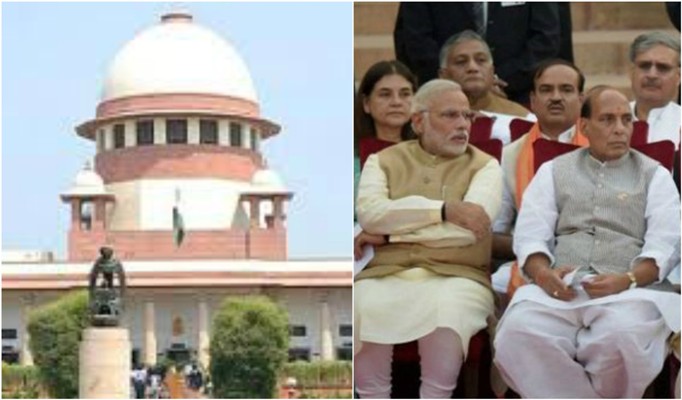 While the court found nothing wrong with such a will provided there are adequate safeguards, the government took a very fatherly attitude saying that Living Will can make the elderly vulnerable to greedy relatives who have an eye on their wealth. This is absolutely rubbish and the government is contradicting itself.
While the court found nothing wrong with such a will provided there are adequate safeguards, the government took a very fatherly attitude saying that Living Will can make the elderly vulnerable to greedy relatives who have an eye on their wealth. This is absolutely rubbish and the government is contradicting itself.
Read More: Was Demonetisation A Useless Exercise By Modi? RBI Figures Say Yes
The issue of passive euthanasia was dealt in detail in the case pertaining to Aruna Ramchandra Shanbaug, a nurse who spent 42 agonising years in a vegetative state in a Mumbai hospital as a result of sexual assault. While the court refused the plea to put an end to her life, it gave a strong opinion favouring passive euthanasia which later became a law.
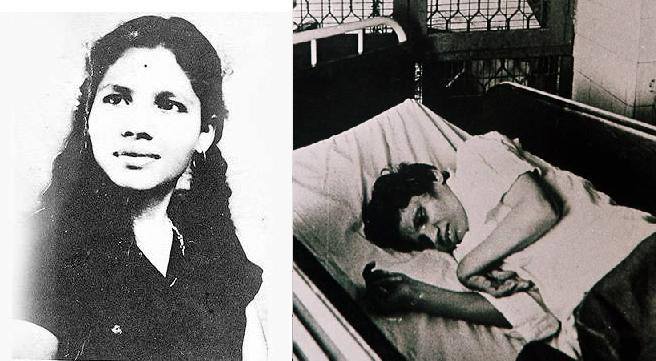 According to the law, high court monitored medical board can take a decision on withdrawing life support after close relatives of a patient make a request. This is consonant with the right to live and die with dignity.
According to the law, high court monitored medical board can take a decision on withdrawing life support after close relatives of a patient make a request. This is consonant with the right to live and die with dignity.
Living Will has greater strength. While in passive euthanasia the individual does not make a decision, in Living Will the individual exercises his or her right to die in dignity. Hence, there is a stronger case and greater moral force for Living Will. It allows an individual to exercise bodily autonomy even when the individual’s consciousness has `flown’ out of the body. It is like saying: This is my body and I have a right to decide what to do or what not to do.
You May Like To Read: Doctors Beware, Tax Guys Looking For Your Love With Pharma Companies
Various religions practiced this as santhara, samadhi and iccha mrityu granting individuals the power to die and attain mortality at a time and place of their choosing. Bishma was the best example. He chose the time to leave his body.
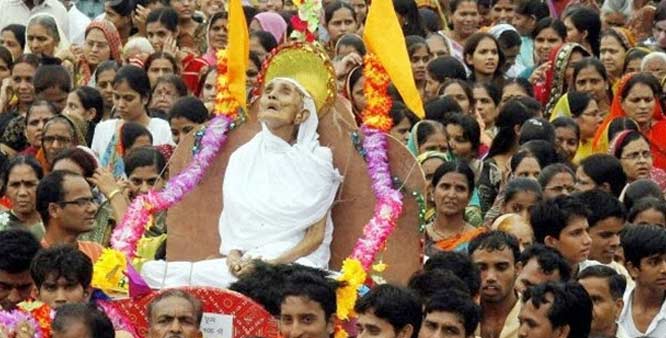 Living Will is nothing but patients’ preferences which has to be accepted by even the medical community. It is nothing but good and dignified death.
Living Will is nothing but patients’ preferences which has to be accepted by even the medical community. It is nothing but good and dignified death.
The government may be right in holding the view that Living Will can be misused. But then, which law in India is not misused? From corruption to crime, murder to sexual assault, rules are flouted and laws misused.
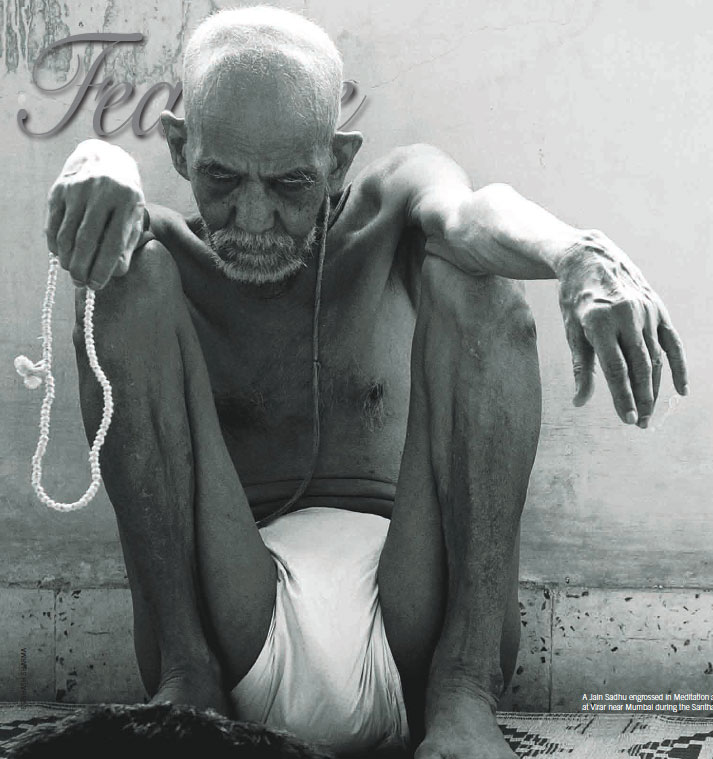 In the case of Living Will too there is a need for strict checks and balances, which the Supreme Court underlined. An “advance directive” to die allows a person in a sane state of mind to decide that in the event of his/her slipping into a vegetative state or coma, certified by medical experts to be irreversible, life should not be prolonged with artificial life support system.
In the case of Living Will too there is a need for strict checks and balances, which the Supreme Court underlined. An “advance directive” to die allows a person in a sane state of mind to decide that in the event of his/her slipping into a vegetative state or coma, certified by medical experts to be irreversible, life should not be prolonged with artificial life support system.
 While making a Living Will, the individual must specify the medical conditions when further artificial life support assistance should not be patient. A competent authority should ascertain that the individual is making the Living Will with full knowledge, freedom, free of allurements or threats. After that, Living Will would come into play only if a statutory medical board, after thorough examination of the patient, declares that the individual has slipped into a condition that would inevitably and irreversibly lead to end of life. If the board is of the opinion that the individual could be revived from an apparent hopeless medical condition, the Living Will would stand cancelled.
While making a Living Will, the individual must specify the medical conditions when further artificial life support assistance should not be patient. A competent authority should ascertain that the individual is making the Living Will with full knowledge, freedom, free of allurements or threats. After that, Living Will would come into play only if a statutory medical board, after thorough examination of the patient, declares that the individual has slipped into a condition that would inevitably and irreversibly lead to end of life. If the board is of the opinion that the individual could be revived from an apparent hopeless medical condition, the Living Will would stand cancelled.
 But the court made it clear that right to life does not confer on an individual the right to die. “But we recognise that every individual has a right to die with dignity, i.e. the process of end of life must be dignified,” the court rightly said.
But the court made it clear that right to life does not confer on an individual the right to die. “But we recognise that every individual has a right to die with dignity, i.e. the process of end of life must be dignified,” the court rightly said.
But does any doctor or medical board claim complete expertise and conclusively say a person is sure to die in a particular medical condition? If choice of life or death is individualistic, can the PIL petitioner or the court decide this for others?
Tough to answer such arguments, but one thing for sure – an individual should have the right to choose a dignified end to his or her life.
The PIL was filed by NGO Common Cause.
 That was regarding life and death where the question mark is very much open. But in another case, the Supreme Court took the government to task for holding on to traditions that are anacronyms in modern era.
That was regarding life and death where the question mark is very much open. But in another case, the Supreme Court took the government to task for holding on to traditions that are anacronyms in modern era.
That case pertained to sex with wife who is under 18 years of age. The Supreme Court rightly rewrote a 77-year old law ruling that sex with an under-18 wife would constitute rape and the husband can face up to 10 years’ imprisonment under the Indian Penal Code or even a life term under the POCSO (Protection of Children from Sexual Offences) Act of 2012.
The SC, however, clarified that it has not touched on the issue of marital rape–a husband forcing himself on his wife despite her unwillingness to have sex.
 The Supreme Court tightly threw out to the window the government’s contention that social realities required that the exemption provided in the case of unions where the wife’s age is between 15 and 18 be retained. In case of such marriage, the age of consent was seen to be 15.
The Supreme Court tightly threw out to the window the government’s contention that social realities required that the exemption provided in the case of unions where the wife’s age is between 15 and 18 be retained. In case of such marriage, the age of consent was seen to be 15.
The court over-ruled IPC Section 375(2), which exonerated a husband of rape charges even if he had sex with his wife who is in the age group of 15-18 years. The court said 375(2) was unconstitutional and against several other laws, including the POCSO Act.
You May Like To Read: Yoga For Conversion Too? Kendra Doubles up for Ghar Wapsi?
This verdict established 18 years as age of consent, age of marriage and the exception to rape under Section 375 of IPC, which had been different ever since the IPC came into force in 1860. Exception 2 to Section 375 of IPC said it was not rape if a man had sex with his wife who was above the age of 15 years.
The verdict also has struck down the artificial distinction between a married girl child and an unmarried girl child. “This artificial distinction is arbitrary and discriminatory and is definitely not in the interest of the girl child,” the court ruled.
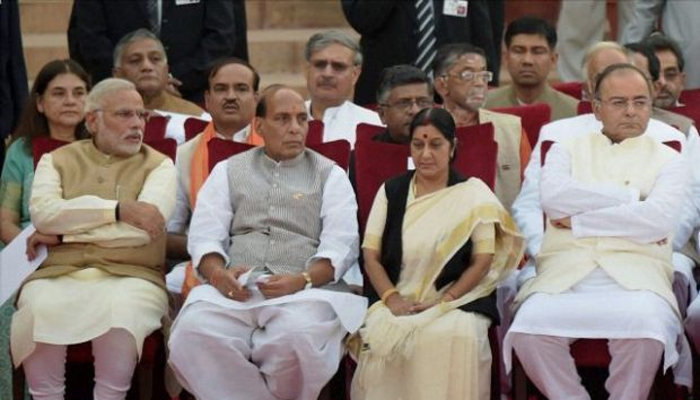 The Centre’s tried to argue that the minor wife, by consenting to marriage has agreed to sexual intercourse with the husband; second, traditionally child marriage is prevalent in many parts of the country and tradition must be respected; third, the 167th report of the Parliamentary Standing Committee of Rajya Sabha (March 2013) recorded that several members felt that marital rape has potential to destroy institution of marriage.
The Centre’s tried to argue that the minor wife, by consenting to marriage has agreed to sexual intercourse with the husband; second, traditionally child marriage is prevalent in many parts of the country and tradition must be respected; third, the 167th report of the Parliamentary Standing Committee of Rajya Sabha (March 2013) recorded that several members felt that marital rape has potential to destroy institution of marriage.
You May Like To Read: Frank de Boer Sacked, Hodgson Appointed New Palace Manager
The first two points are against the law enacted by Parliament itself – the POSCO Act. The court was firm in saying that “In law, it is difficult to accept any one of these justifications. There is no question of a girl child giving express or implied consent for sexual intercourse. The age of consent is statutorily and definitively fixed at 18 years and there is no law that provides for any specific deviation from this.”
Regarding marital rape, the court had made it clear that it was a different matter not connected with the rights of the girl child.
This case was filed by NGO `Independent Thought’ challenging validity of Section 375(2) of IPC.
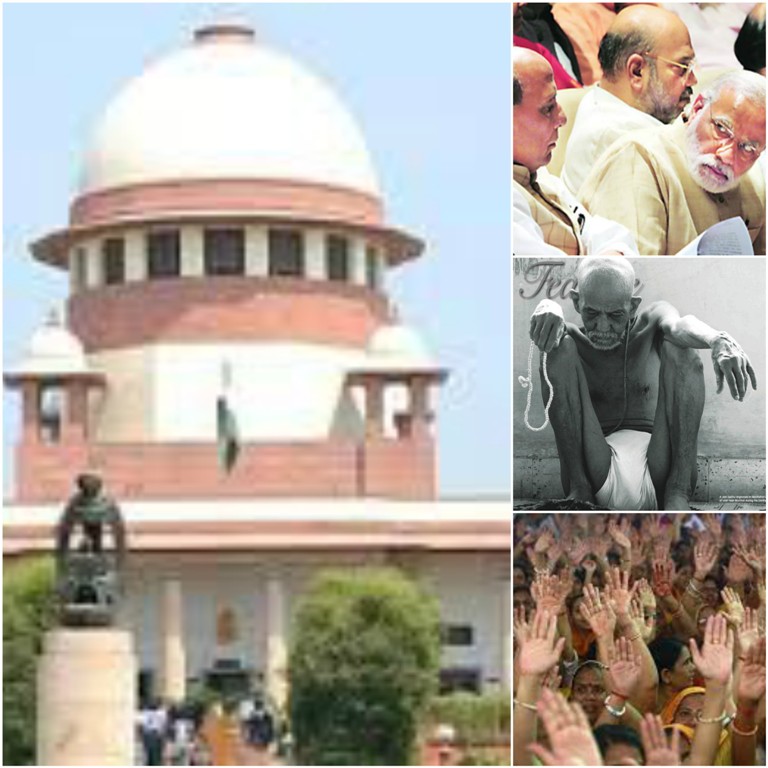 All this is fine on paper. But in backward regions of India where outdated traditions and customs still rule supreme, which minor wife would have the courage and overcome social compulsions and bring rape charges against her husband?
All this is fine on paper. But in backward regions of India where outdated traditions and customs still rule supreme, which minor wife would have the courage and overcome social compulsions and bring rape charges against her husband?
 It also raises one important issue: would sexual intercourse between boys and girls below the age of 18 years be treated as rape even if the girl wanted some nice time and gave her consent? It must be remembered that the court has pegged the age of consent at 18 years without any exception. So, if a college girl has fling and has sex at a party or picnic, the boy can be held for rape if she complains. This can be used as a tool for blackmail.
It also raises one important issue: would sexual intercourse between boys and girls below the age of 18 years be treated as rape even if the girl wanted some nice time and gave her consent? It must be remembered that the court has pegged the age of consent at 18 years without any exception. So, if a college girl has fling and has sex at a party or picnic, the boy can be held for rape if she complains. This can be used as a tool for blackmail.
Finally, since having sex with wives below 18 is illegal, what would be the status of children born in such marriages?
In life, death, sex, there are questions that beg answers. Probably, Chanakya would have found a way out.
Read More;
- So, Nobody Killed Aarushi, Sunanda, Gauri And Others
- Amit Shah Takes on CPM in Kerala, Aims to Lead BJP to Second Slot
- Is Finance Minister Arun Jaitley Being Sidelined?
- Unsung Martyrs of Freedom Struggle To Get a `Voice’
- Tesla Fires Hundreds in One Go Over Poor Performance








































